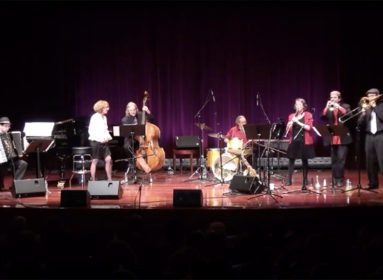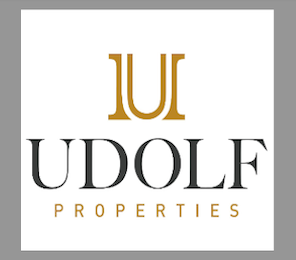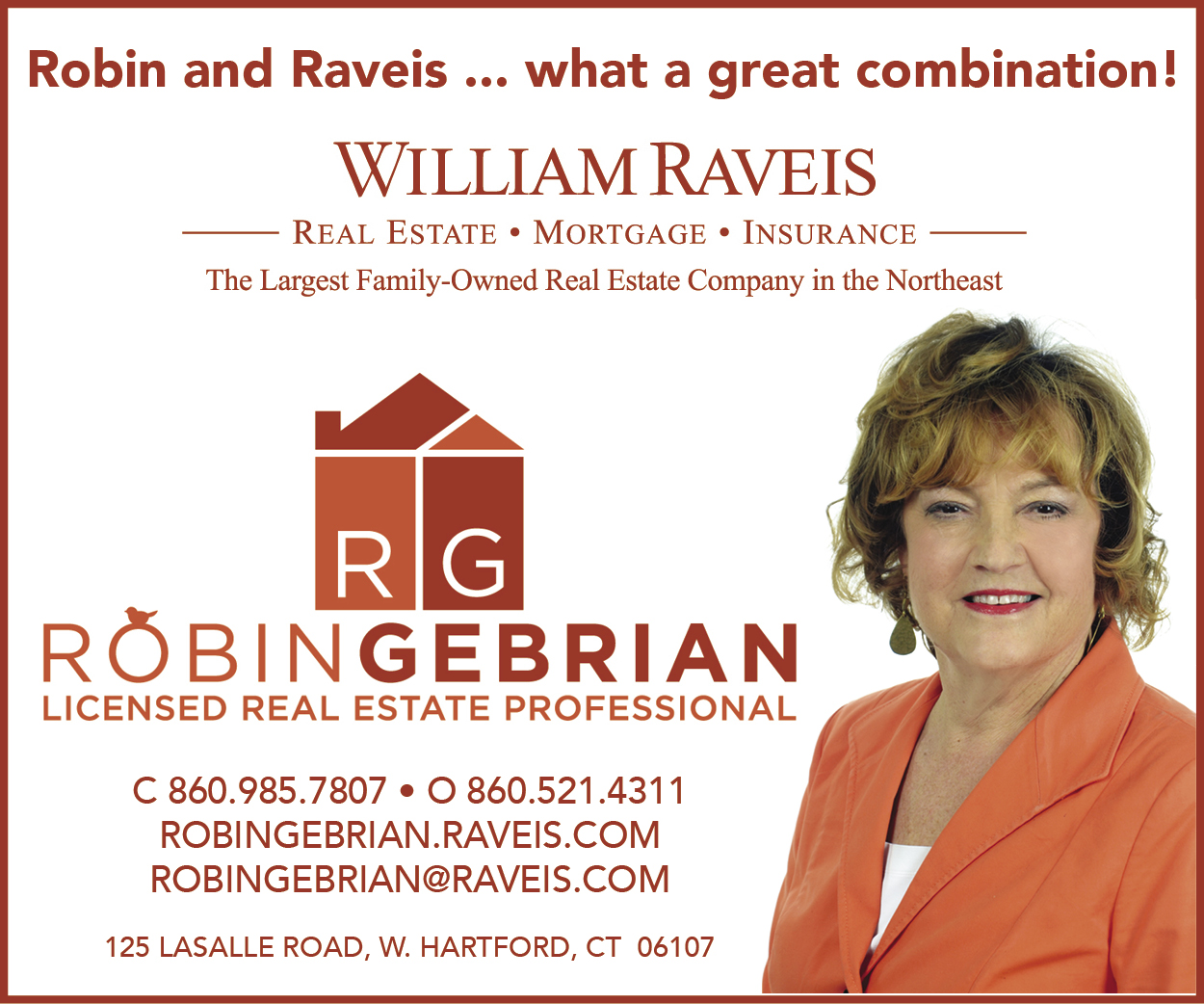New journal to present history, memories of practicing law in Greater Hartford
By Mara Dresner
Elliott Pollack is reminiscing about a story from early in his career as an attorney. At the center of the case, the city of Hartford was seeking to take some property from a Religious Order of Sisters.

Supreme Court Judge Abraham S. Bordon was given the oath of office by Judge William Mills Maltbie on March 10, 1950. Bordon was the first Jew of Hartford to be Judge of Common Pleas Court of Connecticut, 1930-1950. He served the Superior Court 1950-1961, and the Supreme Court 1961. In his retirement, he served as State Referee
“I was representing the sisters, so you had a Jewish lawyer representing this order of nuns,” he recounted. Deputy Corporation Counsel of the City Richard Cosgrove was representing Hartford, with Judge Abraham Bordon presiding over the case.
Things were more informal then, as Pollack remembers. Judge Bordon walked in and said, “Richard, you know I wouldn’t hurt the sisters; now go out and settle this case, please!”
Pollack gives a hearty laugh, adding, “That can only happen in America, where you can have an Irish lawyer defending the city and a Jewish judge saying you can’t do that. That’s hysterical. That’s a true story.”
It’s also the type of story that the Jewish Historical Society of Greater Hartford is seeking for its latest project, a scholarly journal detailing the history of Jewish lawyers and law firms in the community over the last 100-plus years. The book will feature oral history interviews and personal recollections of lawyers and judges from the area. They hope to include the memories, anecdotes or professional experiences of as many attorneys as possible. The deadline for submitting material is Jan. 31. This project will be Volume 5 of the Connecticut Jewish History series, produced by the historical society.
The book will be launched with a tribute to the Greater Hartford legal community on May 14 at the Tumblebrook Country Club in Bloomfield.
“We wanted to raise awareness of the contributions, as well as the struggles that Jewish lawyers faced at the beginning of their careers,” said Estelle Kafer, executive director, Jewish Historical Society of Greater Hartford. “[We] came to hear such interesting stories of discrimination and struggling of lawyers who were only invited to practice in certain specialties. … We found it interesting that lawyers who graduated from top schools, such as Yale and Harvard, had such a difficult time.”
According to a history that the Jewish Historical Society of Greater Hartford has been compiling, “The temporal starting point for a history of Jewish lawyers in Greater Hartford could be placed at 1894, the year Josiah Levy, Hartford County’s first Jewish attorney, graduated from Yale Law School. Born in New Haven in 1868, Levy began practicing at 321 Main Street in 1895, becoming the first of more than twenty Jewish graduates of Yale to establish law practices in Hartford in the four decades that followed. Law was an attractive profession to the Jewish immigrant community at the time because it offered the possibility of economic and social advancement.”
Levy would be a practicing attorney in Hartford for more than 50 years.
Kafer said that the society is not looking for “a bio or a resume” for submissions for the journal. “It’s really recollections or talking about a few memorable experiences.”
The guidelines for submissions suggest one to two pages “about memorable and interesting experiences in your law career.”
Topics might include where you attended law school; what type of law you practiced and why; where and with whom you practiced; early recollections when you first began to practice; a significant case you worked on; how and if the firm or your field changed over the years; and whether you experienced discrimination.
She said the project is a way of “sharing this history” and “honoring some of the work that has been done.”
Pollack, an attorney with Pullman & Comely, and board member and past president of the JHS, notes the impact that those in the legal profession continue to make.
“Attorneys have been a very important professional group within the Hartford Jewish community as leaders both in religious and Jewish communal organizations, as well as in the general community.”
He points to politics, as an example, as well as synagogue boards and even the board of JHS, where he counts six lawyers among the board members.
“Lawyers play a major role in Jewish communal life,” he said.
They also play “a significant role” in the general legal community.
“Lawyers have achieved distinguished careers as members of the bar and as judges,” he said. “To the best of our knowledge, no one has ever stepped back and said, ‘Let’s review the history, accomplishments and contributions of attorneys and judges and the roles they played.’ What more appropriate body to take on that assignment and to try to develop some perspective on this?”
Pollack said that the rise of Jewish law firms in the 1940s and 1950s came about because other firms wouldn’t hire Jews. “Occasionally, a non-Jewish firm had a token Jewish attorney,” he said. “It was impossible to get hired, so they started their own firms. … The antisemitic barrier didn’t drop until the late ‘60s or early ‘70s.”
Some of the area’s best-known firms, he said, included Levine & Katz, Ribicoff & Kotkin, Cole & Cole, Gilman & Marks, and Sorokin & Sorokin.
“Ironically, those firms ended having more non-Jewish lawyers than the non-Jewish firms had Jewish lawyers. They were looking for the best and the brightest,” said Pollack, who worked as an associate with Ribicoff & Kotkin. “Out of 17 lawyers, four or five were not Jewish.”
Ribicoff & Kotkin also had a non-Jewish female lawyer. “There were probably not more than a handful of women lawyers practicing anywhere in Hartford in the late 60s.”
Pollack, who’s deciding which anecdotes from his own life to contribute to the journal, said with so much history and so much ongoing involvement, the project is an appropriate one. “It’s very proper to sit back and reflect on their accomplishments.”
To learn more about the project and/or submit an anecdote, contact the Jewish Historical Society of Greater Hartford at 860-727-6170 or bbrodie@jewishhartford.org, or visit jhsgh.org. Sponsors are also being sought for the May 14 event.








 Southern New England Jewish Ledger
Southern New England Jewish Ledger









